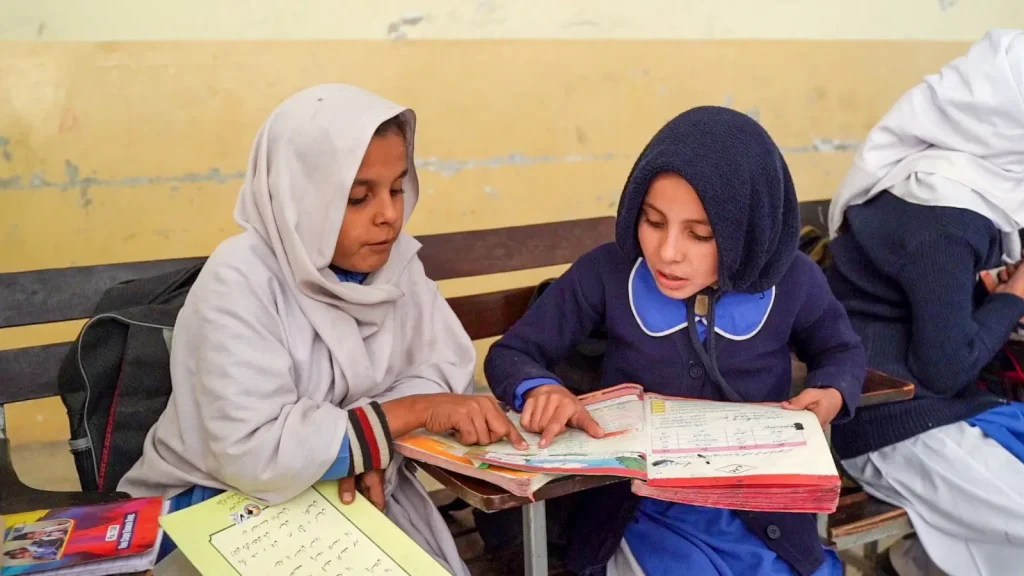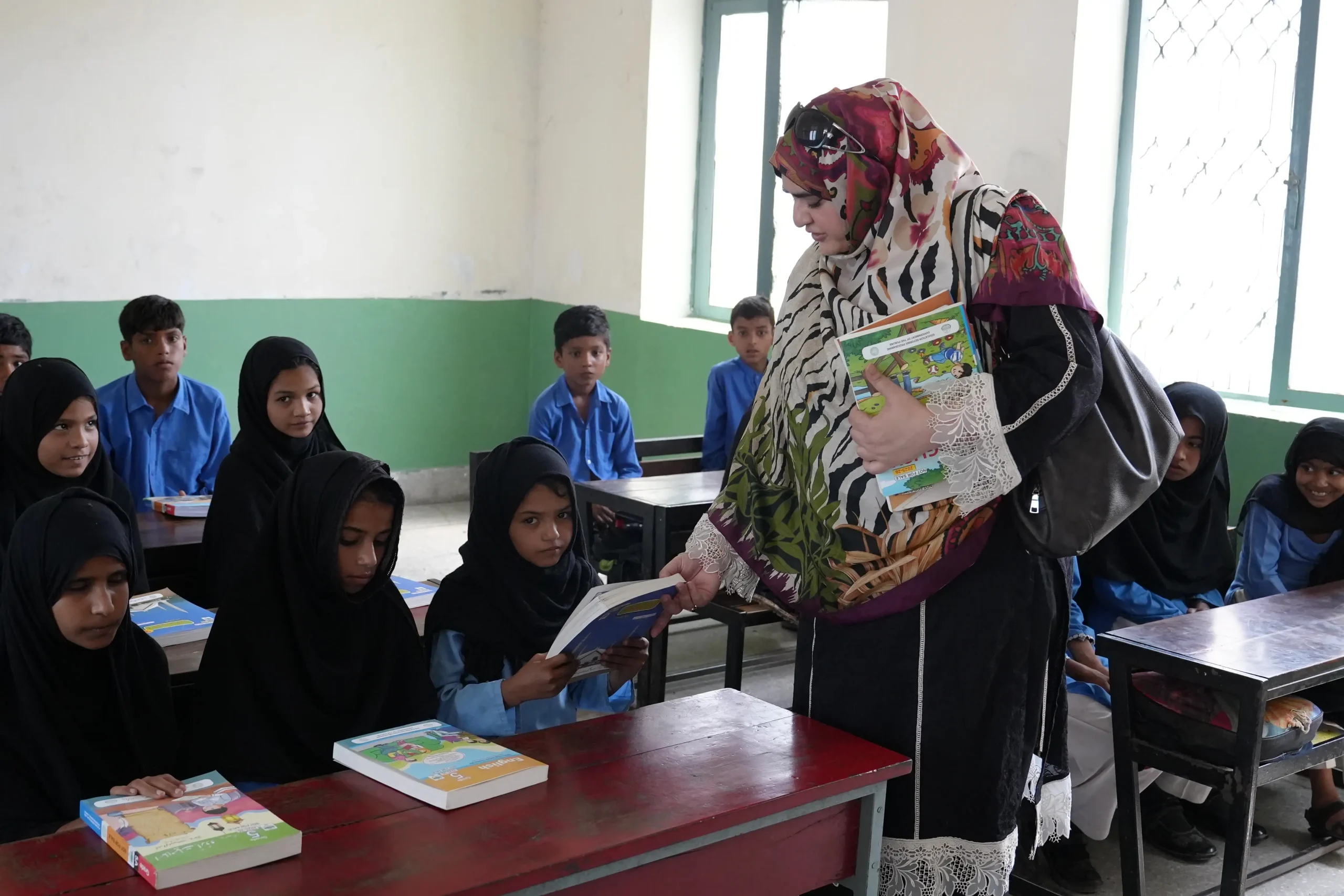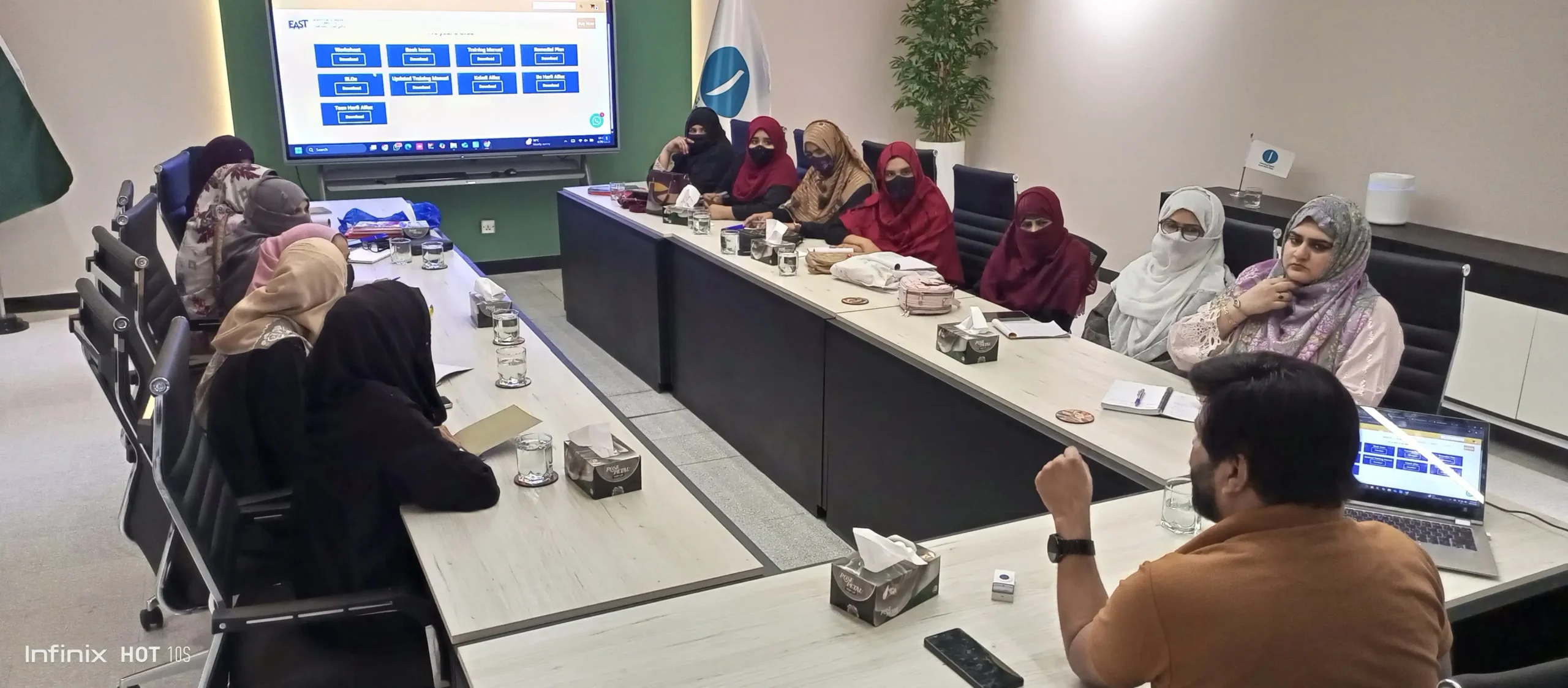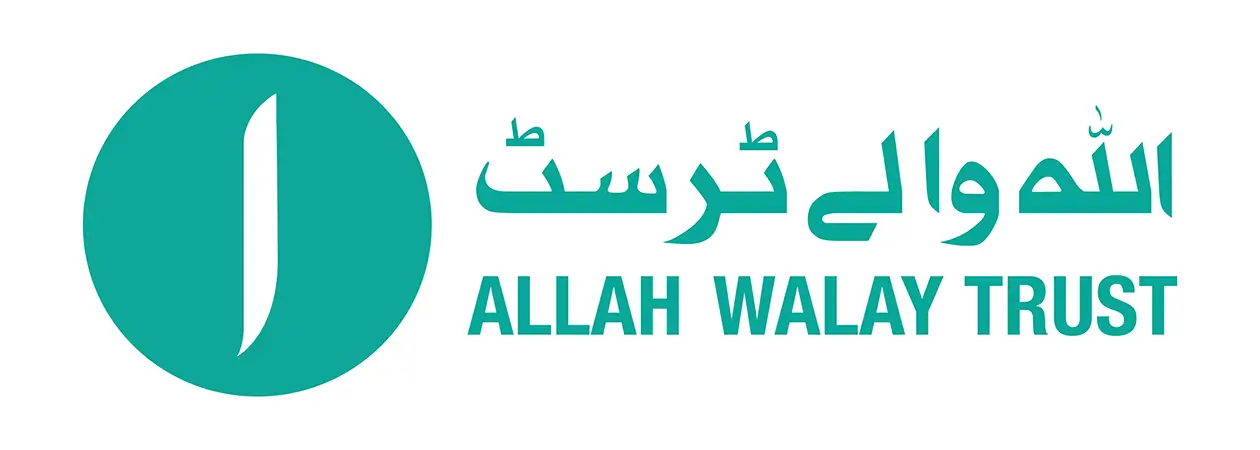Education Program
Allah Walay Trust (AWT) is committed to transforming lives through education by providing quality learning opportunities to underprivileged students, enabling them to build a brighter future. In collaboration with the Punjab Education Foundation (PEF), AWT adopts government primary schools in Dijkot Faisalabad and Raiwand, Lahore to improve the overall standard of education within marginalized communities.



Why Education is Important!
Education is fundamental to a nation’s development and
individual empowerment. However, millions of children
across Pakistan remain out of school due to persistent
financial, social, and physical barriers. According to
recent estimates 22.8 million children aged 5 to
16 years representing 44% of the population in this age
group are out of school. The situation is particularly dire
in rural areas, where dropout rates are significantly
higher due to poverty, gender-based disparities, lack of
access, and poor nutritional status. Addressing these
challenges by enhancing enrollment, retention, and the
overall quality of education is crucial for fostering a more inclusive and progressive society.
Empowering Educators
A key focus of the program is enhancing teacher effectiveness through comprehensive training sessions. These trainings are designed to improve pedagogical skills, classroom management, and subject knowledge. AWT also ensures the provision of essential learning materials, including textbooks, notebooks, and stationery so that no child is held back due to a lack of resources.


Child Labor
Child labor remains a significant challenge in Pakistan, affecting millions of children across various sectors. About 3.3 million of Pakistani 1 children are trapped in child labor, depriving them of their childhood, their health and education. The International Labor Organization’s (ILO) 2017-2018 Pakistan Labor Force Survey reported that 13.7% of children aged 10 to 17 were engaged in child labor, with 5.4% involved in hazardous work.
Increasing food prices and economic instability have led increase in child labor, as children are forced to work instead of attending school. Moreover, schools themselves face challenges due to inflation, such as higher operational costs, low teacher salaries, and lack of resources, which negatively impact education quality. Addressing these core issues is important for improving school enrollment, reducing dropout rates, and ensuring educational quality.
Impact of Education Program
The impact of AWT’s education program has been both meaningful and measurable. Within just four months, student enrolment increased by 43%, reflecting the growing trust and confidence of parents in AWT-run schools. This surge in enrolment underscores the effectiveness of the Trust’s approach and its role in driving long-term community uplift.
To further enhance educational outcomes, AWT introduced the East Education System in four schools in Raiwind, specifically targeting Pre-1 and Grade 1 levels. This strategic intervention, supported by master trainers from East Education, has raised the bar for early childhood education in the area.
Additionally, AWT places strong emphasis on character development. Teachers receive specialized training in fostering ethical values, social behaviour, and moral responsibility among students ensuring that academic growth is complemented by personal integrity and community awareness.

Donation Form
It’s Time to
Take
Action
Select a cause you want to get involved in.
